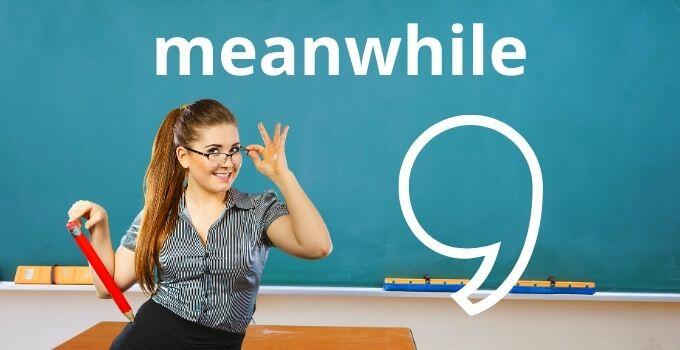Previous studies have found that the negation of ideas is a more complex process than affirmation. With that being said, it may lead to false retention of information in worst-case scenarios. When information is falsely associated with, counter-productive effects may occur, especially in more serious cases such as legally-related ones. In the crowded community of …
Search results for: unnecessary
How often do you have to bear with punctuation marks? They get pretty annoying sometimes, don’t they? Cheer up. Don’t let these sneaky little symbols bite your head off. This post will help you make sense of the comma after the word first and its other closely-related phrases. [toc] Do we need a …
Imagine a world where punctuations and cohesive devices do not exist. It must be quite easy to pass our grammar-based assessments with flying colors. However, it must also mean that written texts will be crowded, monotonous, and nonetheless illogical. Therefore, it is needless to say that non-lexical symbols or punctuation marks, altogether with cohesive devices …
Ever feel like punctuation marks are secretly judging you? Like they’re sitting there on the page, silently mocking your every misplaced comma and unnecessary exclamation point? Well, you’re not alone! And if there’s one punctuation mark that’s practically oozing with smug superiority, it’s the semicolon. Yep, that little half-comma, half-period hybrid is like the punctuation …
One of the hardest things about writing is knowing whether you are using the correct word in different contexts. For instance, some notorious homonyms trip up people regularly. Some famous examples are “your” and “you’re;” “their,” “they’re,” and “there;” and “to,” “too,” and “two.” On the other hand, some words can be hard to use …
At least once in our lifetime, punctuation marks have tripped us up. Some punctuation marks may be pretty easy to use, but others might just be trickier like semicolons, colons, and commas. Commas may not seem that threatening in our ordinary reading and writing days. They do become a burden, though, when they appear in …
Economic development induces the need for technological and business advancements. These inevitable, nonetheless exponential, progressions have dramatically affected most, if not all fields of disciplines including linguistics. Morphological truncation or word shortening has been consistently on par with communication agent developments such as mobile phones and computers. While this process is already tricky, it is …
Symbols as unthreatening and innocent-looking as commas do have the ability to make any person flinch at least an inch when writing. To add insult to the broken leg, we may also get anxious with the confusing nature of adverbs masquerading as conjunctions. As cringy (or cringey) as these topics may be, we cannot run …
Writing may arguably be one of the most creative, albeit tedious, language-related activities. Although writing standards seem far less rigid in the digital world, the academic and professional fields require otherwise. Punctuations and cohesive devices alike do have the ability to make us feel confused, nonetheless anxious. As an attempt to help in the mentioned …









